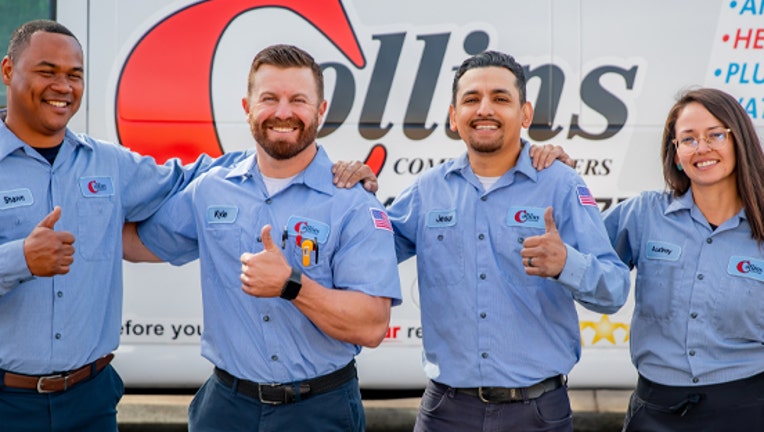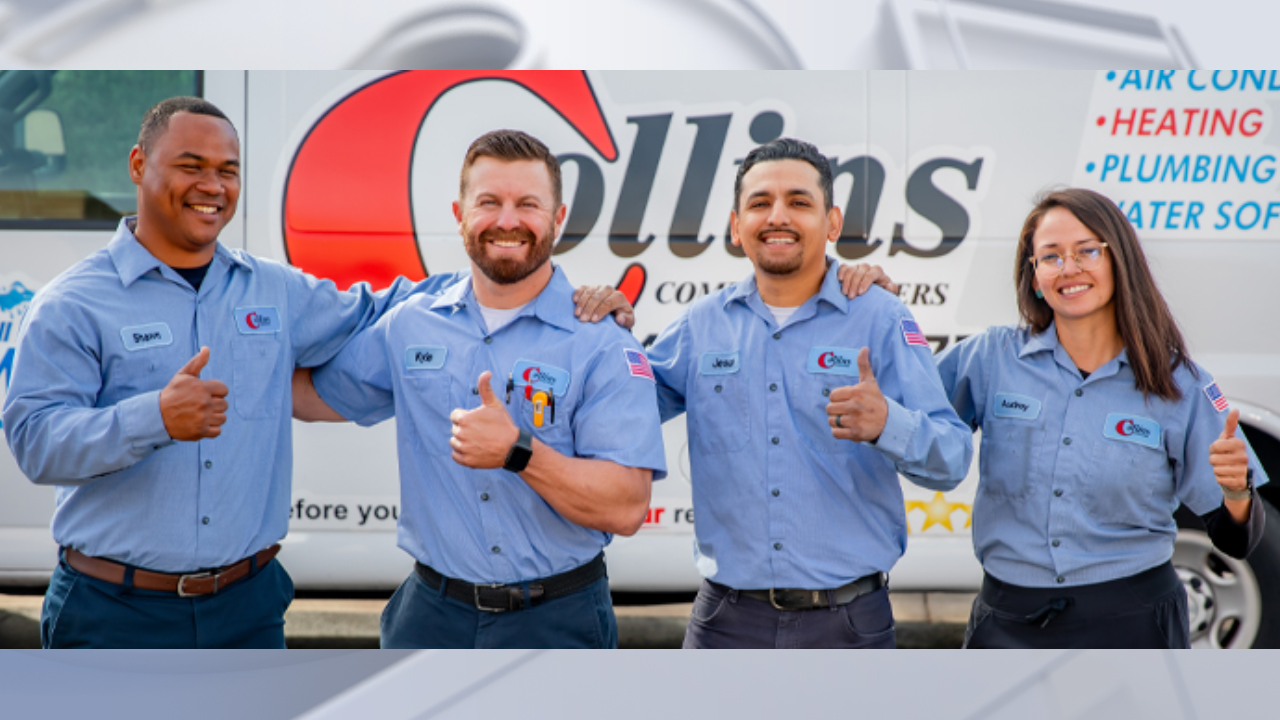SPONSORED ADVERTISING CONTENT
This content was provided by our sponsor, [name of sponsor]. The FOX editorial team was not involved in the creation of this content.
 article How the Phoenix Climate Affects Plumbing
article How the Phoenix Climate Affects Plumbing
Phoenix, Arizona, is renowned for its intense, prolonged heat. While the focus often remains on air conditioning to combat the soaring temperatures, the pervasive heat can exert a surprising and often overlooked toll on your home’s plumbing system. From the pipes buried underground to those running through your walls, the extreme thermal stress can lead to a range of issues, from minor leaks to catastrophic ruptures. Understanding how this excessive heat negatively affects your plumbing and, more importantly, how to mitigate these risks, is crucial for any homeowner in the Valley.
The primary culprit is thermal expansion and contraction. Just like any material, plumbing pipes—whether PVC, PEX, or copper—expand when heated and contract when cooled. In Phoenix, pipes are subjected to dramatic temperature swings, especially those exposed to direct sunlight or in unconditioned spaces like attics and crawl spaces. Day after day, this constant expansion and contraction puts immense stress on pipe joints, seals, and connections. Over time, this repetitive motion can weaken materials, leading to hairline cracks, loosened fittings, and eventually, leaks that can cause significant water damage and mold growth. The American Society of Mechanical Engineers (ASME) provides detailed studies on the effects of thermal stress on various materials.
Beyond thermal stress, the intense heat can directly degrade certain pipe materials. PVC and PEX pipes, commonly used for water supply lines and drainage, can become brittle and more susceptible to cracking when exposed to prolonged high temperatures and UV radiation. This degradation makes them less flexible and more prone to failure under pressure. Even metal pipes, like copper, can be affected; while less prone to brittleness, the continuous thermal cycling can exacerbate corrosion in weak spots or compromise solder joints. This is particularly concerning for outdoor plumbing, irrigation systems, and pipes near the exterior walls of your home, which bear the brunt of the sun’s scorching rays.
Another issue intensified by high temperatures is water pressure. While municipal water systems aim for consistent pressure, localized heating of water within pipes can increase pressure, putting additional strain on the entire plumbing network. Water that sits in sun-exposed pipes can reach very high temperatures, sometimes exceeding 120-140°F. This added internal pressure, combined with already weakened pipes, can accelerate the development of leaks or even lead to burst pipes, especially in older homes with aging infrastructure. A sudden drop in water pressure, or conversely, a noticeable increase, can be an early warning sign of underlying thermal stress on your pipes.
Furthermore, the heat can impact the very ground surrounding underground pipes. Extreme heat can lead to soil drying and shifting, especially in drought-prone areas like Arizona. This ground movement can put additional external stress on buried water and sewer lines, potentially causing them to crack, settle, or disconnect. These types of failures can be particularly difficult to detect until significant damage has occurred, often requiring extensive excavation for repairs.
How to Protect Your Plumbing from Phoenix’s Heat:
Addressing these issues requires a proactive approach. Firstly, proper insulation is paramount. Insulating exposed pipes, particularly in attics, garages, or near exterior walls, can significantly reduce direct heat absorption and temper temperature fluctuations. This not only protects the pipes but can also help maintain water temperature, preventing issues with scalding hot water from the tap on an already hot day. The International Plumbing Code (IPC) often includes guidelines for pipe insulation in various climates.
Secondly, ensuring adequate water flow and pressure regulation can help. If your home experiences consistently high water pressure, installing a pressure reducing valve (PRV) can protect your pipes from excessive internal strain. Regular professional plumbing inspections are also invaluable. Experienced plumbers from Collins Comfort Masters can identify early signs of heat-related damage, such as minor leaks, corroded fittings, or brittle sections of pipe, before they lead to more costly and destructive failures. They can also advise on pipe material suitability for the climate.
Finally, consider the materials used in any new plumbing installations or replacements. While modern materials are more resilient, understanding their specific thermal properties for a climate like Phoenix is important. When temperatures in Phoenix often exceed 110°F, as reported by the National Weather Service, the cumulative effect on your home’s hidden plumbing system is undeniable. Taking preventative measures and seeking expert assistance can help safeguard your home from the silent, damaging effects of extreme heat on your pipes. For reliable plumbing inspections, repairs, or upgrades to protect your home from the desert heat, contact Collins Comfort Masters today to schedule a service.
SPONSORED ADVERTISING CONTENT
This content was provided by our sponsor, [name of sponsor]. The FOX editorial team was not involved in the creation of this content.
